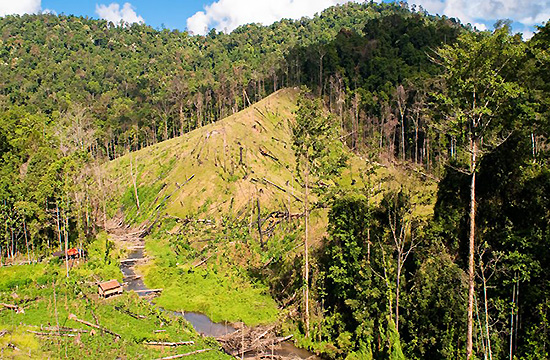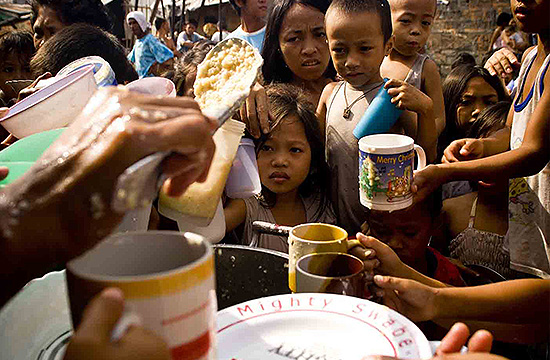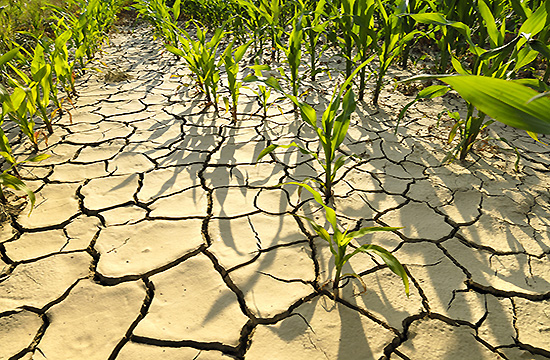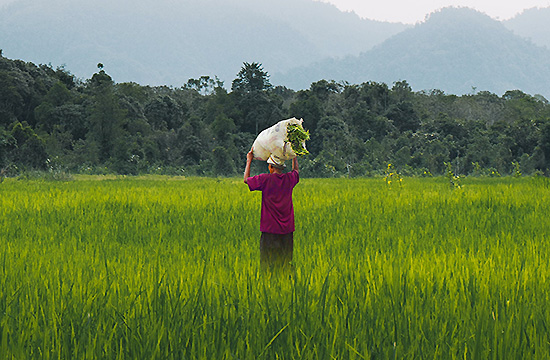
Meeting the demands of a booming global population is urgent as the world faces the challenge of nourishing an expanding population. With over 7.9 billion people and counting, the demand for food is skyrocketing, necessitating increased agricultural output. However, this surge in demand poses significant ecological challenges, including expanding agricultural land, deforestation, and the depletion of natural resources.
Addressing this urgency requires a comprehensive approach that balances the needs of a growing population with the preservation of the planet's resources.
The causes of global population growth are multifaceted, driven by improved healthcare, technological advancements, and changing cultural and societal norms. These factors contribute to the challenge of meeting the needs of a growing world population.
Understanding the root causes of population growth is essential for developing innovative solutions that balance the demands for food production with environmental preservation.


The impacts and consequences of global population growth are far-reaching, posing challenges related to food security, water scarcity, and environmental degradation. Expanding agricultural land leads to deforestation, habitat destruction, and increased pressure on water resources.
The consequences of population growth highlight the urgency of addressing the challenges associated with meeting the needs of a growing world population while ensuring the sustainability of food production systems.
Nourishing the expanding world population requires overcoming barriers such as limited availability of arable land, water scarcity, and sustainable farming practices. Logistically, meeting the increased demand for food while minimizing environmental impact is complex.
Additionally, the financial resources required to invest in sustainable agriculture and infrastructure can be a barrier for many regions. Overcoming these barriers is crucial for ensuring a secure and resilient food supply for future generations.


Feeding the future and meeting the needs of a growing world population presents an opportunity to pave the way for sustainable food production. By understanding the causes, impacts, and barriers associated with population growth, innovative solutions can be developed to balance the demands of a growing population with the preservation of the planet's resources.
Prioritizing sustainable farming practices, investing in research and development, and promoting responsible consumption are essential for ensuring a secure and resilient food supply for future generations.

